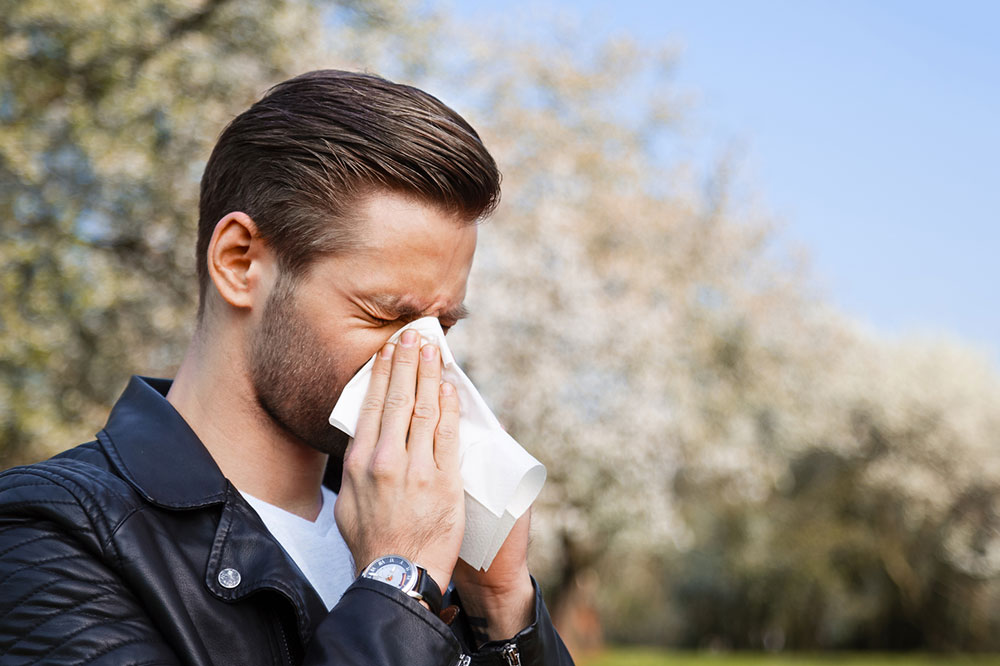A primer on allergies, allergic symptoms, and triggers
“Allergy” is a word that we hear on a regular basis. We all know of at least one person who has some kind of allergy. But what are allergies? And how do we know if we are having an allergic reaction? Is it normal to have allergies? Should we be scrutinizing allergic reactions?

What is an allergy?
The immune system adjusts to a person’s environment and it vigilantly fights off anything it considers harmful, by producing antibodies. This also includes foreign bodies or substances that are not typically considered dangerous. The causative agents of these reactions are called “allergens”, and the reaction the immune system produces upon their entry is known as “allergy”.
Signs to look out for
Allergies are of different kinds, with each presenting itself in a different way. It is possible that two people with the same allergy may not necessarily display similar symptoms. Depending on the allergen and degree of severity, the symptoms can affect a person’s nasal passages, sinuses, airways, skin, digestive system, and/or their lungs. In more acute circumstances, allergies can also give rise to a fatal reaction, which is known as anaphylaxis. Here is a list of common symptoms that are associated with some allergies:
- Food allergies
Most symptoms of food allergies are concentrated at the point of entry of the allergen, i.e., the oral cavity and throat. Food allergies can cause swollen lips, tongue, throat, and face. It also causes tingling sensations in the mouth, nausea, fatigue, hives, and, in some cases, anaphylaxis.
- Drug allergies
Drug allergies can lead to hives, itching of the skin, rashes, facial swelling, wheezing, and in some cases, anaphylaxis.
- Skin allergies
Skin allergies usually occur when a person comes in direct contact with an allergen. They trigger symptoms such as rashes, itching, burning, hives, and sore throat. Eczema or atopic dermatitis is an allergic skin condition, which can cause itching and reddening of the skin. It also causes the skin to flake out, peel, and bleed. Similarly, if a person is allergic to an insect’s sting, they can show swelling in the area that has been stung, itching, or hives on the body. They can also experience cough, tightness in chest, shortness of breath, wheezing, and anaphylaxis.
- Seasonal allergies
Allergic rhinitis or hay fever is a seasonal allergy and its symptoms are similar to cold. It can cause sneezing; running and congestion of the nose; and itching of the eyes, nose, and roof of the mouth. It can also cause conjunctivitis.
What triggers allergic reactions?
Allergies can be triggered by numerous things including dust, pollen, human or animal dander, plants, food, and mold, to name a few. The source of an allergy may not always be known but there are some allergies that are caused by genetic association. Having said that, it does not make inheriting your parents’ allergies a definitive occurrence.
Allergic symptoms are usually treated and managed with prescription or over-the-counter medicines. However, it is necessary to consult a professional if you believe you are allergic to a certain substance, and not put it off, thinking it is something minor. Your doctor can help you in identifying the causative agent by conducting some blood and skin tests, and also guide you on allergy management and prevention. However, the best preventive measure against a known allergen—and allergic reactions—is to actively avoid it.











